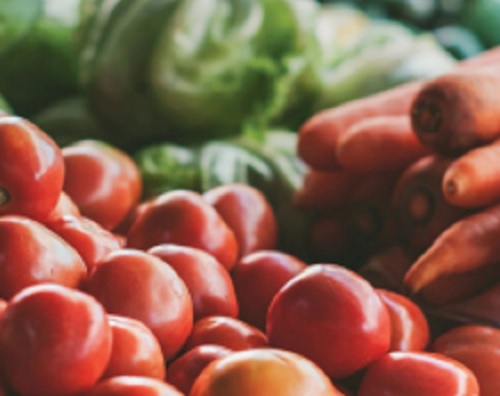KAMPALA, UGANDA: Uganda’s Pepper exports to the European Union (EU) could be suspended due to failure to comply with the EU’s phytosanitary requirements, theCooperator has learnt.
In a letter dated March 20th 2019 and addressed to Mr. Paul Mwambu, the Director Crop Inspection and certification in the Ministry of Agriculture, Animal Industry and Fisheries(MAAIF) which this publication has seen, the EU’s ambassador to Uganda H.E. Attilio Pacific refers to “several” notifications that have been forwarded to Mr. Mwambu’s office regarding “harmful organisms” known as false codling moth that have been severally found and intercepted in Uganda’s pepper exports to the EU, to which the EU has not received a response.
“As of 1st February 2019, the number of interceptions was 55(40 in capsicum, 9 in Rosa, 6 in Annona muricata) which is the highest among all EU’s trading partners,” the letter reads in part.
According to Ambassodor Pacific, the EU considers this issue a “threat” requiring of demonstrable safeguards, and wanted the Ministry of Agriculture to provide assurances to that effect within 14 days (from receipt of the letter), short of which the European Union Commission “may have no choice but to make a decision on a ban on pepper imported from Uganda.”
It is now 19 days since the letter was delivered to the MAAIF, and it remains unclear whether the ministry has provided a satisfactory response to the EU mission in Kampala to stave off a ban.
When contacted, the Senior Communications Officer at MAAIF Mr. Solomon Kalema was reluctant to discuss the matter, but instead told theCooperator that the line Minister Hon. Vincent Sempijja would be addressing the press about this matter at the Uganda Media Center tomorrow Tuesday, April 9th at 10am.
On his part, Mr. Emmanuel Gyezaho, the Press and Information Officer at the EU mission in Kampala said he was out of the country, and directed us to the press office. By press time, neither our email inquiry nor our repeated phone calls had been responded to.
Uganda’s Fruit and vegetable exports to the EU have been on the increase over the last seven years, from 16.5million tones worth US$16million in 2012/13, to 135.2 million tons worth US$45million last year.
Even then, they have always been beset by complaints from the EU’s 27 member countries, ranging from poor storage to excessive chemicals in the perishables. In 2015, one such complaint forced the trade Minister Amelia Kyambadde to impose a month’s temporary ban on some including pepper, to address issues around quality compliance and pest control.
